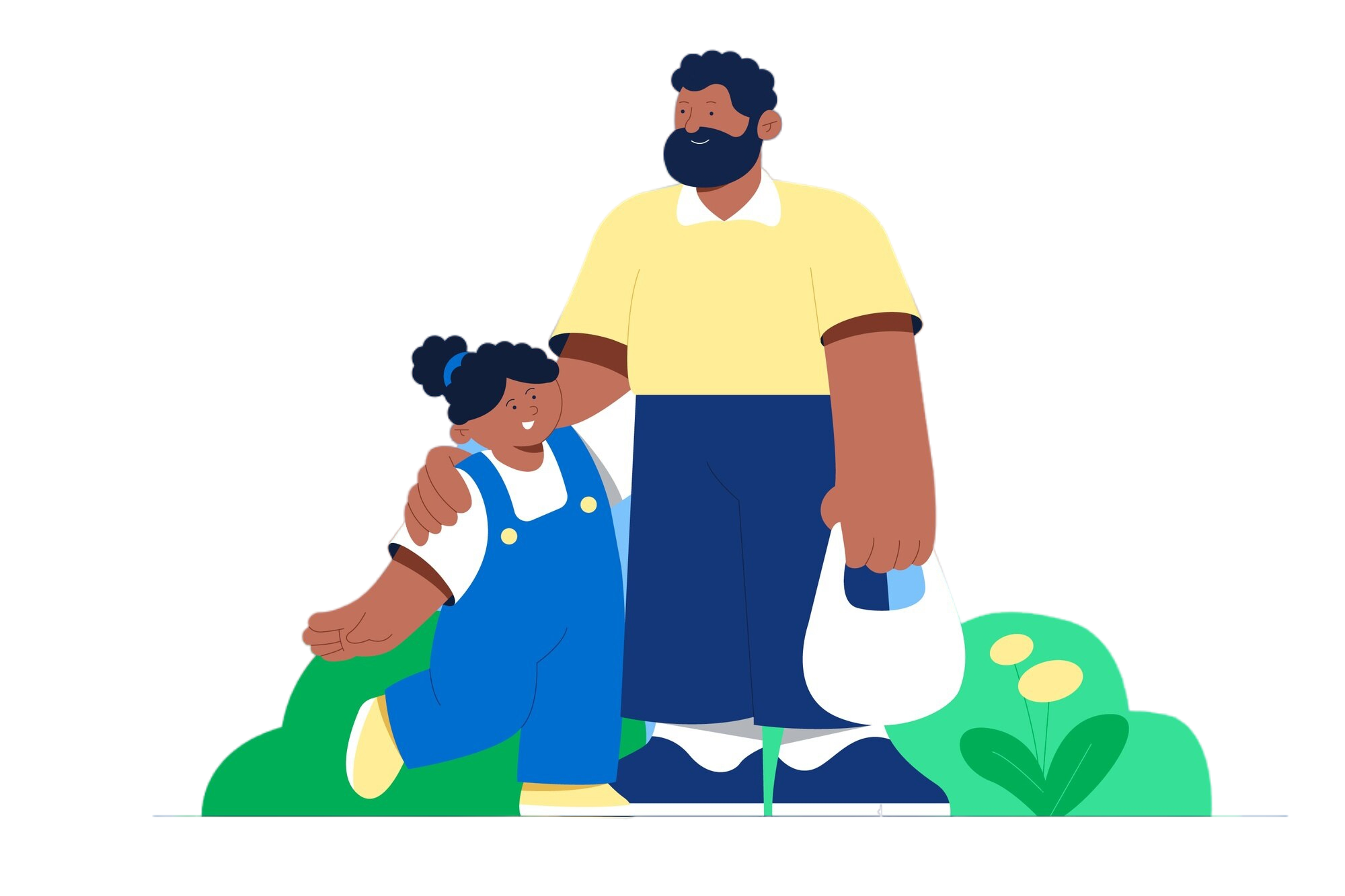Youth Binge Eating Research Study
Researchers at Yale University are studying whether cognitive behavioral therapy with self-compassion or mindfulness is more effective for treating disordered eating in adolescents and young adults.

Fast Facts

Individuals ages 12-19 who have elevated weight

Engage in binge eating

Compensation Provided

Conducted Virtually
Study Background
Researchers at Yale University are investigating the effectiveness of cognitive behavioral therapy combined with self-compassion or mindfulness in treating disordered eating among adolescents and young adults.
This study examines how well cognitive behavioral therapy combined with self-compassion works compared to mindfulness for treating eating behaviors in teenagers and young adults aged 12-19. The focus is on those with an elevated weight, either now or in recent years, who use extreme methods to control their weight. The treatments are non-medication-based and involve weekly therapy sessions, monthly paid surveys, and interviews before and after the treatment to track changes in eating habits and mental health.
The goal is to improve treatment options for adolescents with higher weight, addressing a gap in current research. Eating disorders are often linked to people with lower weight, but this study aims to show the need for effective treatments for those who might be at a higher weight, providing a better understanding of eating disorders beyond common stereotypes.

Study Background
Researchers at Yale University are investigating the effectiveness of cognitive behavioral therapy combined with self-compassion or mindfulness in treating disordered eating among adolescents and young adults.

This study examines how well cognitive behavioral therapy combined with self-compassion works compared to mindfulness for treating eating behaviors in teenagers and young adults aged 12-19. The focus is on those with a higher weight, either now or in recent years, who use extreme methods to control their weight. The treatments are non-medication-based and involve weekly therapy sessions, monthly paid surveys, and interviews before and after the treatment to track changes in eating habits and mental health.
The goal is to improve treatment options for adolescents with higher weight, addressing a gap in current research. Eating disorders are often linked to people with lower weight, but this study aims to show the need for effective treatments for those who might be at a higher weight, providing a better understanding of eating disorders beyond common stereotypes.

Additional Information
This study aims to determine whether mindfulness or a combination of cognitive behavioral therapy and self-compassion is more effective for treating disordered eating behaviors in adolescents and young adults. By focusing specifically on teens and young adults of a elevated weight, a patient group which often gets left out of research, it aims to provide a broader understanding of eating disorders and possible treatments across varied populations.
You (or your child) may qualify for this study if you meet the following criteria.
Inclusion Criteria:
- Ages 12-19
- Engage in binge eating
- Go to extremes to lose weight (e.g., vomiting, exercise, fasting, laxative/diet pill overuse) at least twice a month
- Elevated weight (>85th percentile)
- Not currently using anti-obesity medications
- If under 18, have a parent that is able to participate monthly
If you or your child participate in this study, here is what you can expect for all virtual visits:
Type of Treatment:
- The treatment is behavioral, meaning it focuses on therapy and behavioral changes rather than medications.
Weekly Visits:
- You will have weekly visits with a study therapist. These sessions are meant to provide ongoing support and therapy throughout the study.
Monthly Surveys:
- You will complete surveys on a monthly basis. These surveys are used to track your progress and gather data on your disordered eating and mental health.
Interviews:
- There will be an interview conducted before the treatment begins and another one after the treatment ends. These interviews are designed to assess changes in disordered eating and mental health.
Parent Participation (for those under 18):
- If you are under 18, your parents will also participate in the study by completing monthly surveys. This helps to provide additional information and support.
Parent Participation (for 18 and 19 year olds):
- If you are 18 or 19 years old, parent participation is optional. It is not required, but can be included if desired.
As a participant, you can receive up to $25 per each monthly survey (3 months), with an additional $50 at the end of the treatment, for a total of $125.
Parents can recieve up to $100 for their involvement.
There is no cost for you to participate in our research study.
